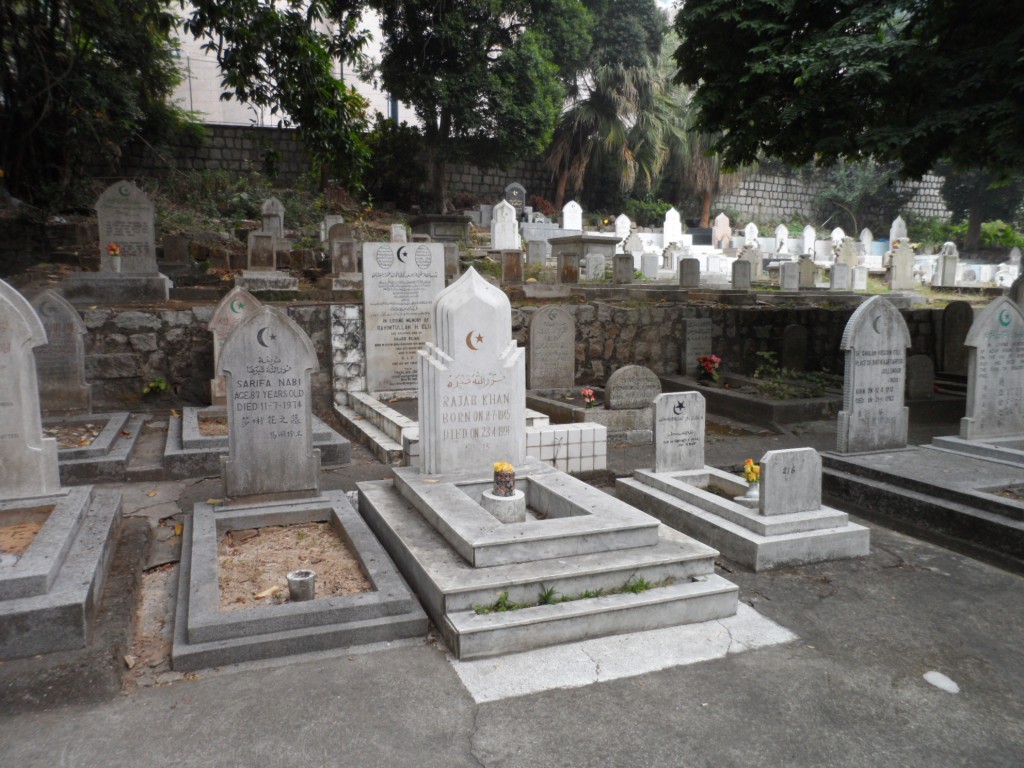The New York Times reported this week on a Muslim community’s attempt to buy land in a Massachusetts town – to create a cemetery for their loved ones closer to home, in particular closer to home than a cemetery that was beginning to fill up, and is 60 miles away.
The group thought it had found one in rural Dudley, about half an hour away: a patch of more than 50 acres, past a sweet corn stand and deep blue ponds, where there is unused farmland and wetlands hidden from the road by trees and tangled bushes.
But the organization’s proposal to build a cemetery there became a lightning rod in this small town. It was denounced at meetings and ultimately turned down by the Zoning Board of Appeals, prompting charges of bigotry and drawing scrutiny from the United States attorney for Massachusetts, who announced a civil rights investigation on Aug. 18 into the town’s actions.
The town insists that the decision was not based on faith, but on permits and right of first refusal by the landowner. The conflict, however much or little it is influenced by prejudices, is not the first of its kind:
As the number of American Muslims increases and immigrant Muslims age, groups have sought to construct their own cemeteries, which are often less expensive than other facilities and are familiar with Muslim traditions including quick burials, bodies facing Mecca and, when allowed locally, no coffins.
But from Minnesota to Texas — and even last week in Georgia — such proposals have been met with swells of opposition, similar to disputes over new mosques or schools, raising the specter of exclusion even for the dead.
This case is not cut and dried, according to those involved:
The dispute has drawn unusual attention to this college town, where the population of about 11,500 is 95 percent white, and some residents say they are being viewed unfairly.
“Pope Francis could call us tomorrow and say, ‘We want to put a cemetery there’; there’s not going to be a cemetery there,” said John Briare, a resident who wants the town to preserve the land for agriculture.
Yet the sense of exclusion still remains:
Other tense scenes played out in 2014 in Murfreesboro, Tenn. — although challenges to the cemetery there were rejected by a judge — and last summer in Farmersville, Tex., where a cemetery project is moving forward despite an angry meeting at which one woman pronounced, according to news reports, “People don’t trust Muslims.”
“This is part of a wider anxiety over integration and the place of Muslims in America and the extent to which Muslims are allowed to carve spaces in the country that are their own, for their own rituals and their own community,” said Leor Halevi, an associate professor of history at Vanderbilt University who has studied Muslim death rituals.
Image: Muslim cemetery in Macau, from Wikimedia Commons: By Chongkian – Own work, CC BY-SA 3.0

